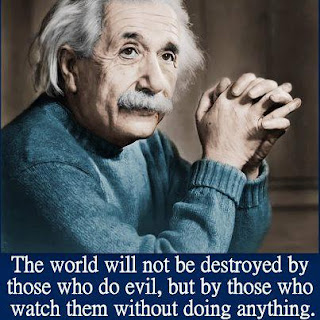The European Union (EU) is an economic and political union of 27 member states which are located primarily in Europe. The EU traces its origins from the European Coal and Steel Community (ECSC) and the European Economic Community (EEC), formed by six countries in 1958.
In the intervening years the EU has grown in size by the accession of new member states, and in power by the addition of policy areas to its remit. The Maastricht Treaty established the European Union under its current name in 1993.
The last amendment to the constitutional basis of the EU, the Treaty of Lisbon, came into force in 2009.
The EU operates through a hybrid system of supranational independent institutions and intergovernmentally made decisions negotiated by the member states. Important institutions of the EU include the European Commission, the Council of the European Union, the European Council, the Court of Justice of the European Union, and the European Central Bank. The European Parliament is elected every five years by EU citizens.
The EU has developed a single market through a standardised system of laws which apply in all member states including the abolition of passport controls within the Schengen area. It ensures the free movement of people, goods, services, and capital, enacts legislation in justice and home affairs, and maintains common policies on trade, agriculture, fisheries and regional development. A monetary union, the eurozone, was established in 1999 and is currently composed of 17 member states.
Through the Common Foreign and Security Policy the EU has developed a limited role in external relations and defence. Permanent diplomatic missions have been established around the world and the EU is represented at the United Nations, the WTO, the G8 and the G-20.
With a combined population of over 500 million inhabitants, in 2010 the EU generated an estimated 26% (US$16.282 trillion) of the global economy, or 20% (US$15.170 trillion) when adjusted in terms of purchasing power parity.










